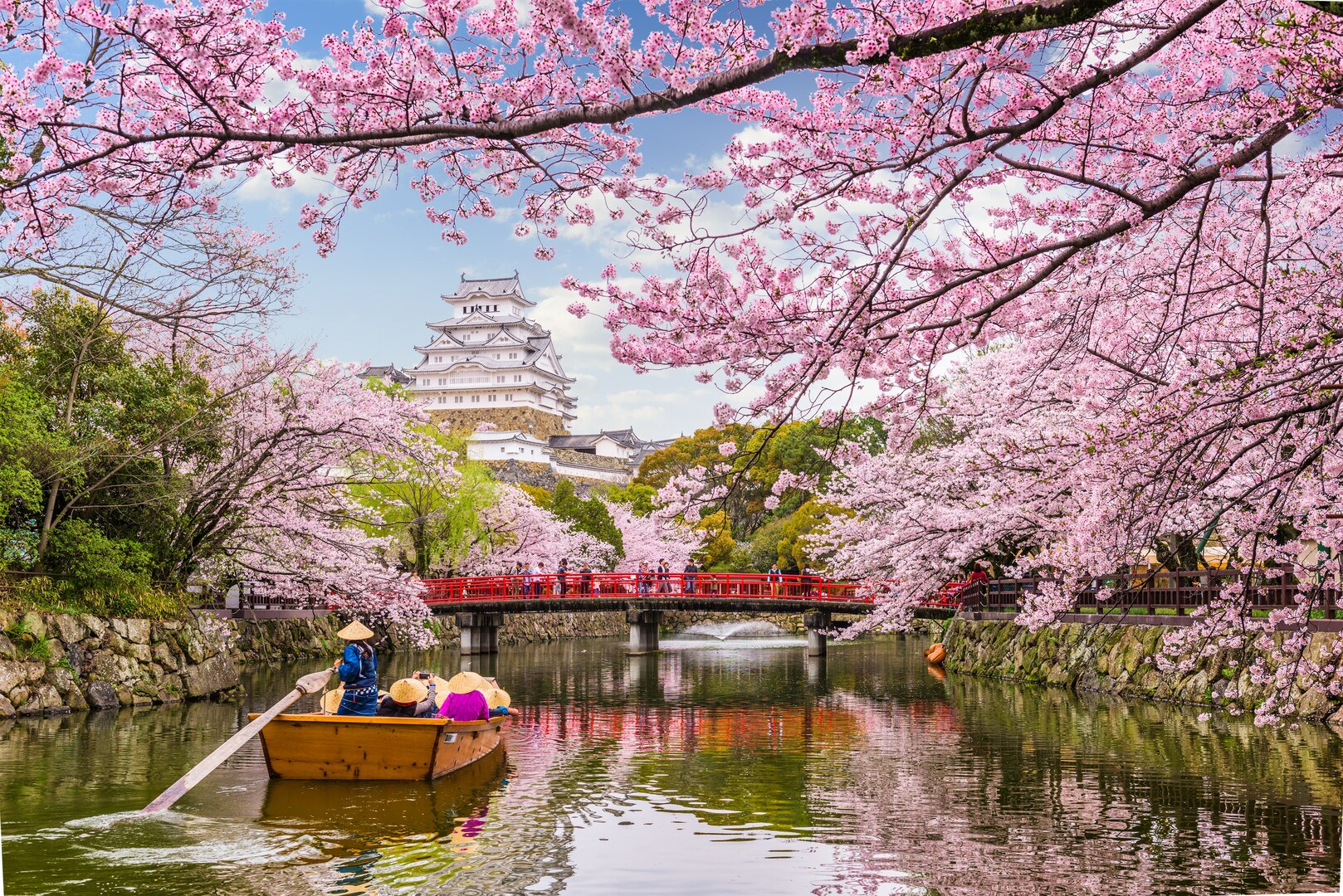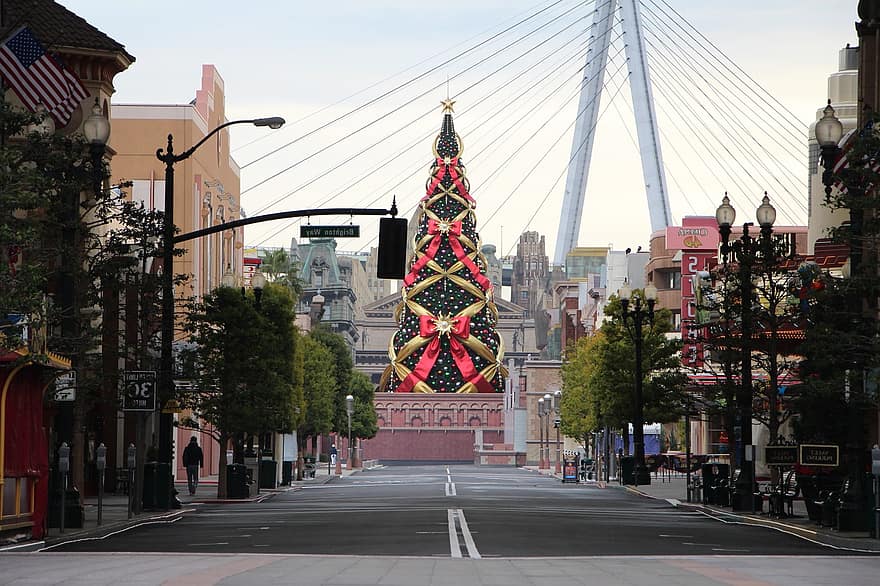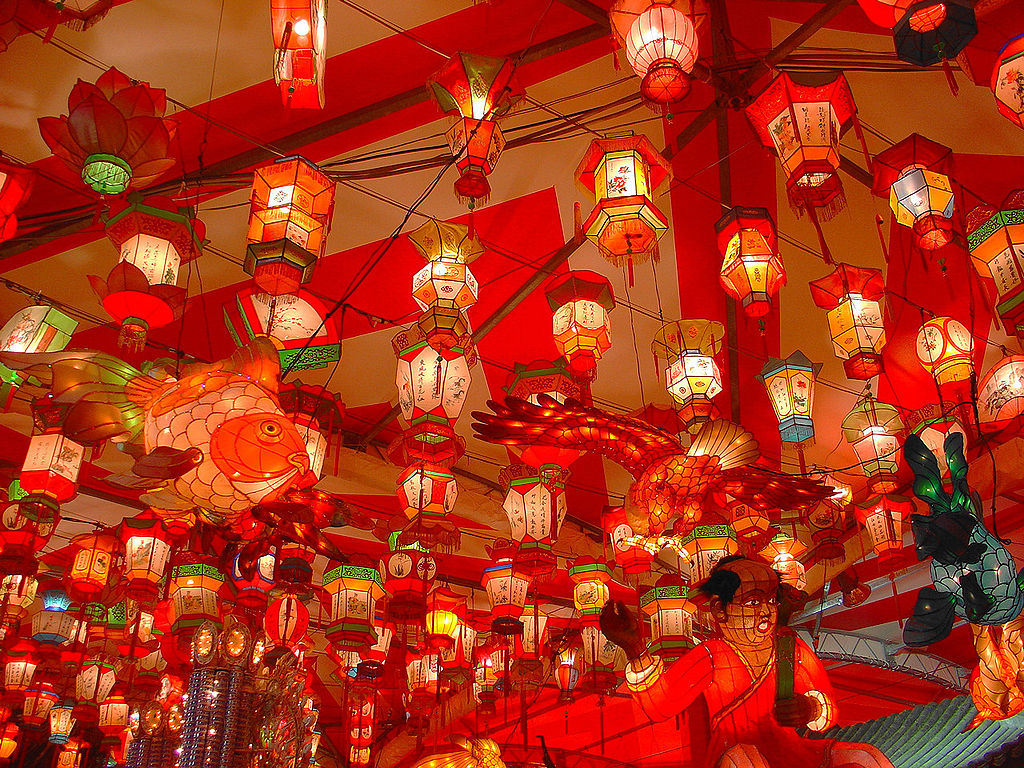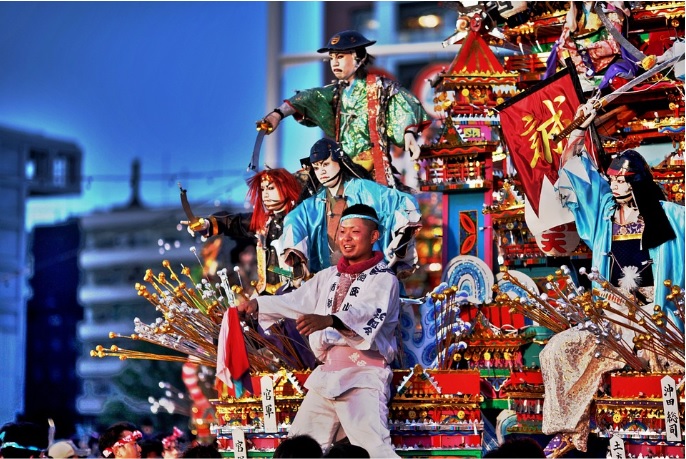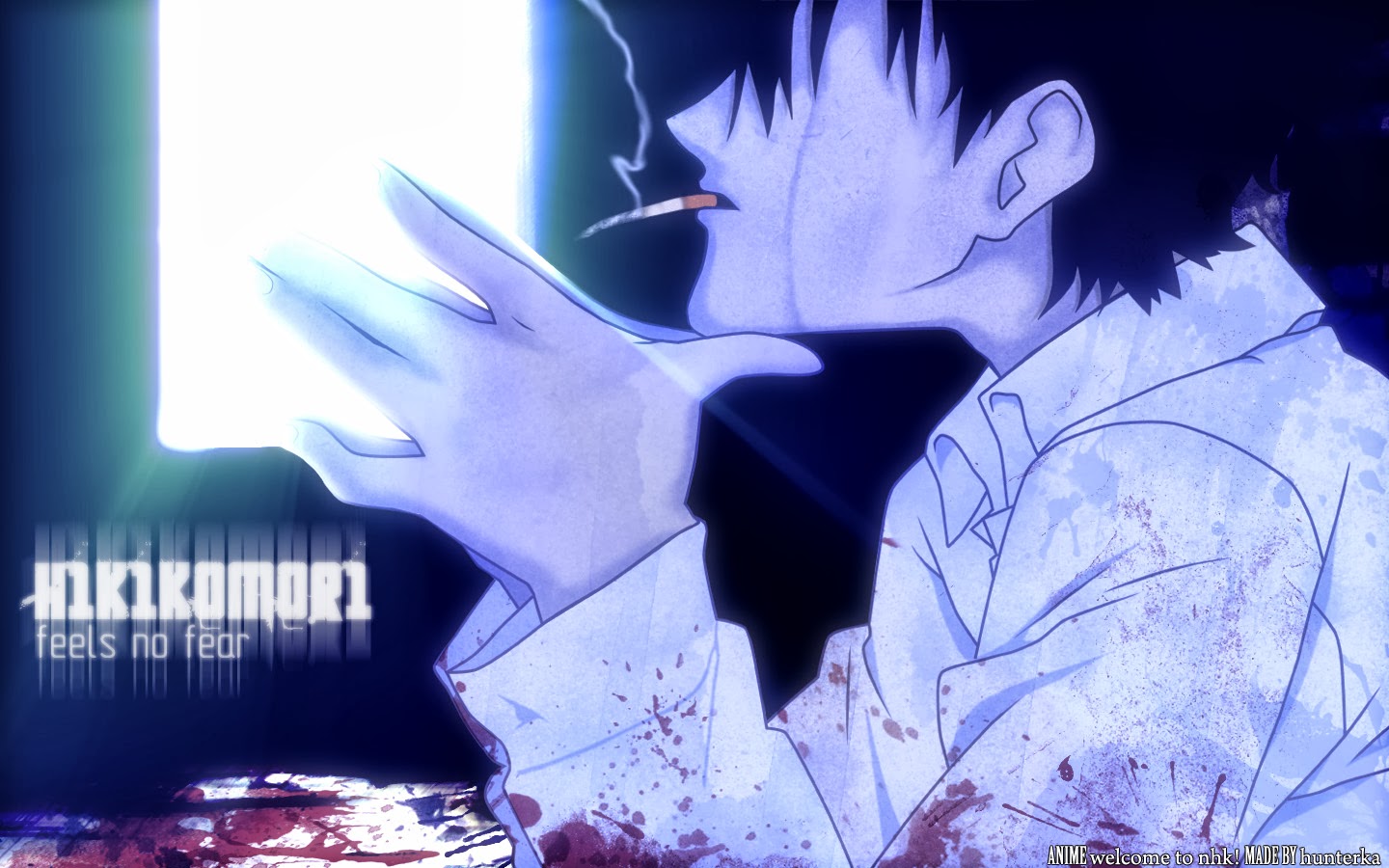
Japan, as we all know, has an old population. Majority of the Japanese are turning or already in their old age. The declining population of youth is already a threat to Japan's promising future, and yet, hikikomori-- a mysterious and serious mental health problem puts more fuel to the arising problem.
According to Wall Street Journal, the numbers of despondent "victims" of social withdrawal has already escalated to millions. "The puzzling condition is often thought of as a Japanese phenomenon, affecting an estimated 500,000 to two million in Japan. Published reports also have described cases in the U.S., Hong Kong and Spain, among other countries," stated in the report. Mostly, the men are affected by this intended isolation.
Further, Hikikomori is a social anxiety disorder that makes the youth refrain from leaving the house to avoid social interaction. It is the exact opposite of the average youth that makes time for fun and recreation, and ideally building their careers. "People who consider themselves hikikomori exhibit a wide range of symptoms, including depressive, autistic and obsessive-compulsive tendencies. A minority appear addicted to the Internet," quoting from the same report.

In Japan, hikikomori is a word that is also used to describe the youth people who withdraw.
Hikikomori victims choose to shut-in inside their houses, mainly due to problematic situations in their past that made them fear the feeling of being embarassed or stressed. It is like the combination of Social Phobia and Agoraphobia, which refers to fearing and often avoiding places or situations that might cause a patient to panic and make them feel trapped, helpless or embarrassed. We also know that Japan has a highly-pressured and stressful work environments.
Some of the cases also include the pressure of not having a work because of dropping-out of school. They just live with their parents and do nothing about it. Some even choose to be nocturnals to avoid interacting with their parents. The negative emotions inside of the person and overthinking magnetize them into isolation.
While we think Japan is a very beautiful country to live, there are clandestine problems that we don't easily recognize. Hikikomori is curable. If you have a relative or a friend who suffers from Hikikomori, help them to see the beauty of life outside their rooms. Ask them for a small talk in coffee shops or gradually inspire them to reclaim their lives. There's hope for everyone, so think positive! Ganbatte!
